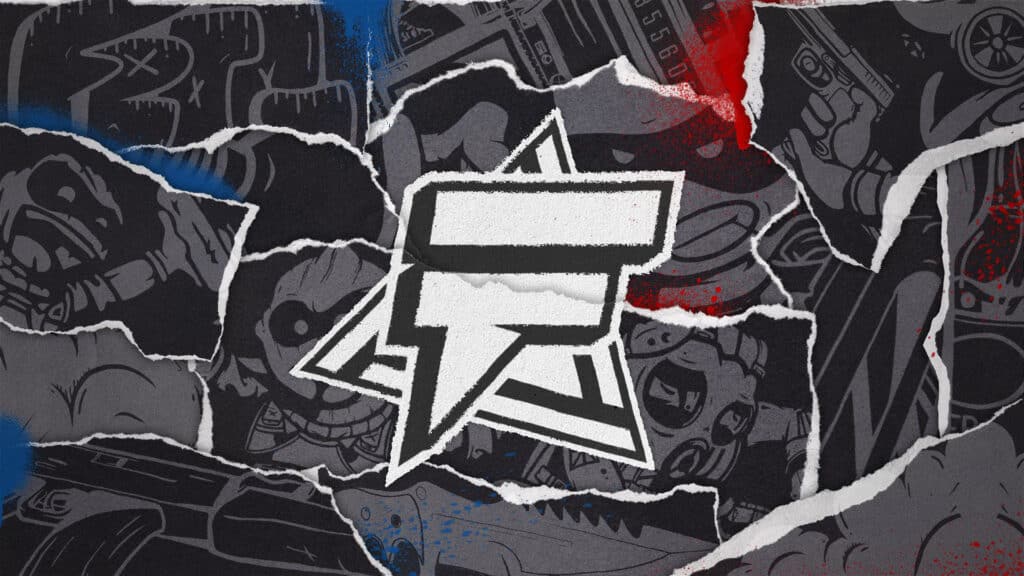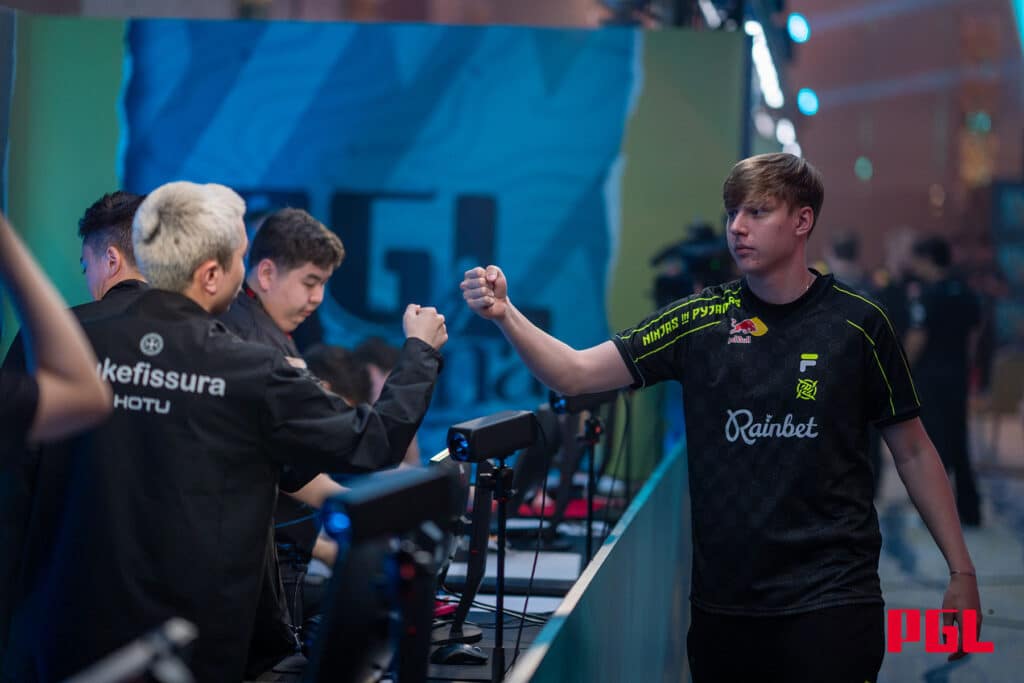The highly anticipated Counter-Strike 2 LAN event, Fragadelphia Blocktober, is currently underway, designed to be a crucial battleground for teams vying for Valve Regional Standings (VRS) points ahead of the coveted Major qualification cut-off. Yet, the narrative unfolding isn`t one of fierce competition, but rather a perplexing series of withdrawals from prominent teams. This situation illuminates a significant structural anomaly within the professional CS2 ecosystem, where strategic non-participation can paradoxically be a calculated move for Major aspirants.

The Invisible Rounds: HLTV`s Influence on VRS
At the core of this conundrum lies the intricate relationship between Valve`s VRS system and the selective coverage provided by HLTV, a primary aggregator of Counter-Strike statistics and match data. Valve, the developer of CS2, relies on HLTV to track VRS points, which are pivotal for determining invitations to the prestigious Majors. However, for Fragadelphia Blocktober, HLTV elected to cover the 48-team event only from the round of 16 onwards. This decision has profound implications: matches played before the round of 16 effectively become `invisible` to the VRS system.
For teams already in strong VRS positions, or those facing logistical challenges, the incentive to invest resources – time, travel, potential health risks – into matches that yield zero qualification points evaporates. It`s a pragmatic, if unfortunate, response to a systemic loophole. The cost-benefit analysis shifts dramatically when the early stages of a significant tournament contribute nothing to the ultimate goal: a Major slot.
Strategic Retreat: Examining Team Decisions
The withdrawals of several high-profile organizations serve as stark examples of this strategic calculation:
Team Liquid`s Calculated Absence
Team Liquid, a multinational esports giant, announced its withdrawal, forfeiting group stage matches. While citing health concerns and limited practice, their decision was undoubtedly influenced by the knowledge that their VRS standing would remain unaffected. Currently ranked 27th in the September VRS, Liquid is on the cusp of a direct invitation to Stage 2 of the StarLadder Budapest Major. Competing in “unscored” matches would offer no tangible benefit and could introduce unnecessary fatigue or risk before more critical events.
Ninjas in Pyjamas: Major Focus Over Early Fights
Similarly, Swedish esports organization Ninjas in Pyjamas (NiP) opted out. Their statement openly reflected the strategic nature of their decision:
“After carefully monitoring results and VRS outcomes, we believe this is the best decision for our team, allowing our players to fully focus on the Major.”
Combined with reported visa issues for player Artem `r1nkle` Moroz, NiP`s choice underscores a prioritization of Major preparation over participation in an early-stage tournament that held diminished VRS value.

AaB Esport: The Voice of Frustration
Perhaps the most explicit criticism came from Danish organization AaB Esport. While not a Major contender, their withdrawal highlights the resource allocation problem for smaller teams:
“When HLTV chose to downgrade coverage of the LAN, we felt our funds would simply be better spent elsewhere. Having to beat teams like BIG, ECSTATIC, Wildcard, or Fnatic three times just to secure a single VRS Match seemed like a poor allocation of resources.”
This statement directly challenges the fairness of the system. Smaller teams often rely on every competitive opportunity to gain experience and exposure. When even these opportunities are devalued by partial scoring, it creates an uneven playing field and discourages participation.
Integrity and the Future of Major Qualification
The situation at Fragadelphia Blocktober raises uncomfortable questions about the integrity of the Major qualification pathway. If teams can strategically sidestep competition without penalty to their Major chances, the system risks becoming less about pure merit and more about navigating bureaucratic intricacies. It also deprives fans of seeing top-tier talent compete and diminishes the competitive quality of events like Fragadelphia.
Valve faces a critical juncture. The reliance on external platforms like HLTV for VRS tracking, without robust internal mechanisms to ensure comprehensive data capture, introduces vulnerabilities. A transparent, universally applied system where all official matches contribute to Major qualification is paramount for fostering an equitable and truly competitive environment.
The “unseen game” played off-stage at Fragadelphia Blocktober is arguably as significant as the matches being played. It`s a silent signal that the current Major qualification structure requires a careful re-evaluation to ensure that participation, not absence, is consistently rewarded.











